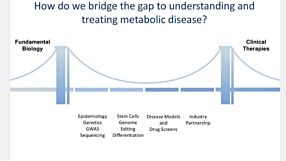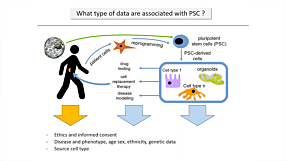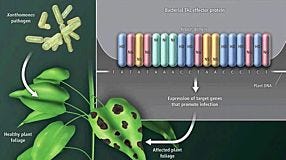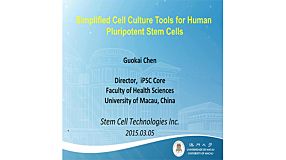Genetic Stability of Human Pluripotent Stem Cells
Human pluripotent stem cells (hPSCs) are valuable tools for modeling human disease, as well as a source of differentiated cells for use in regenerative medicine and drug discovery. An essential prerequisite for using hPSCs in medicine is the assurance of genetic stability over long-term maintenance of hPSCs. However, hPSCs can adapt in vitro by acquiring genetic changes that render them less susceptible to differentiation and/or death. The presence of genetic changes in hPSCs coupled with their increased growth rates is reminiscent of the defining features of cancer cells, thus raising concerns about the safe use of hPSCs in clinical applications. Investigating the causes and consequences of genetic changes in hPSCs will help inform approaches to minimize their occurrence in hPSC cultures. View this webinar presentation by Dr. Peter Andrews and Dr. Ivana Barbaric from the University of Sheffield to learn more about the causes and consequences of genetic changes in hPSCs.
Publish Date:
October 06, 2016
Request Pricing
Thank you for your interest in this product. Please provide us with your contact information and your local representative will contact you with a customized quote. Where appropriate, they can also assist you with a(n):
Estimated delivery time for your area
Product sample or exclusive offer
In-lab demonstration
By submitting this form, you are providing your consent to STEMCELL Technologies Canada Inc. and its subsidiaries and affiliates (“STEMCELL”) to collect and use your information, and send you newsletters and emails in accordance with our privacy policy. Please contact us with any questions that you may have. You can unsubscribe or change your email preferences at any time.







